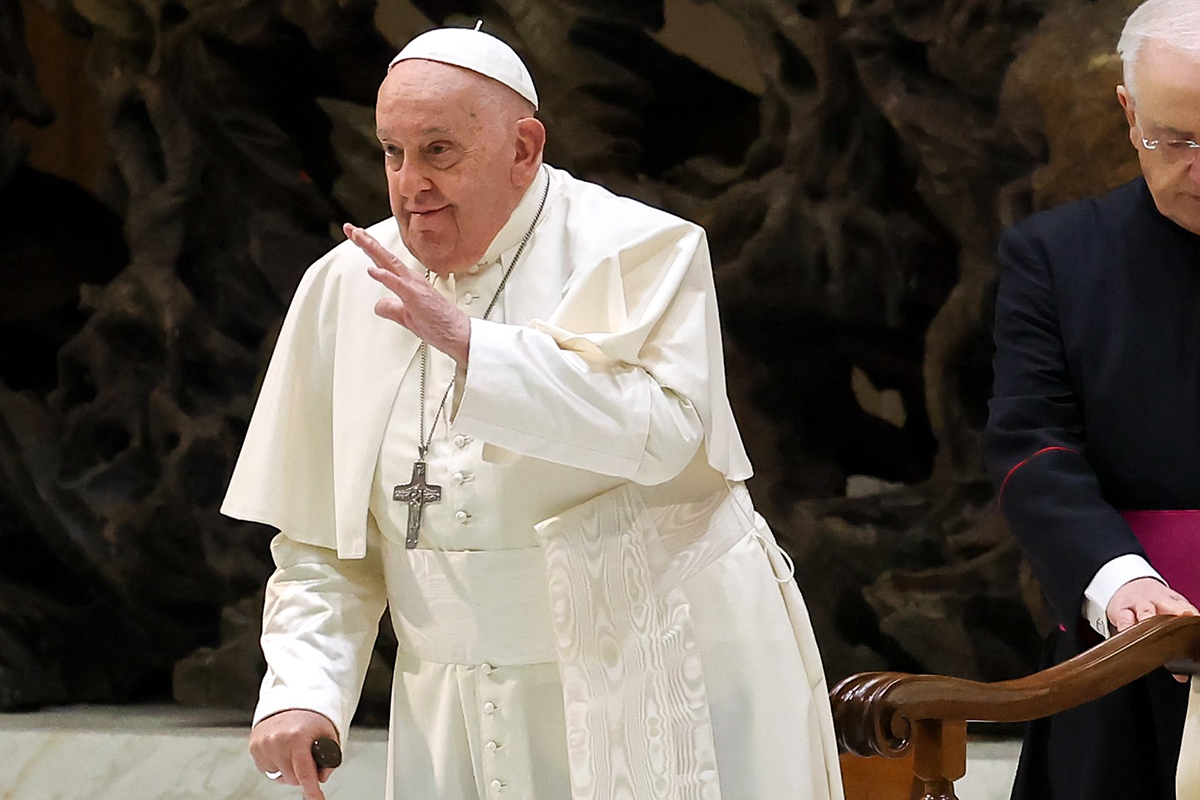DEAR FATHER | Literature should form a child’s imagination to live a good and holy life
What should I look for when choosing novels for my children to read?

Literature’s formative impact occurs on different levels. On the most basic level, it expands a child’s vocabulary and demonstrates elements of good writing. At the second level, literature moves the child toward what is high or what is low. For example, “Captain Underpants” moves children to a low sense of humor while William Bennett’s “Children’s Book of Virtues” inculcates a sense of delight in doing good. The third level has to do with the moral lessons that literature might impart. “The Gift of the Magi” by O. Henry teaches that noble self-sacrifice gives value to gifts. “The Diary of a Wimpy Kid,” on the other hand, upholds a student who frequently complains and at times lies to successfully avoid punishment.
Yet the deepest impact of literature goes beyond style, vocabulary and morality. Great works of fiction teach the first principles of the supernatural reality in which we live. Fiction is powerful because it operates by analogy; it gives a definite form to good and evil and shows consequences for actions far beyond what we perceive in our ordinary experiences.
For example, in “The Lord of the Rings,” Tolkien’s sense of divine providence leads the reader to understand how God guides those who are faithful to their calling in life. He also gives a true sense of a fallen, yet essentially good, human nature. Other fantasy series, such as “Twilight” or “Game of Thrones,” introduce concepts of occult power or images of cheap love interests without developing any deeper understanding of human nature, virtue or goodness. Works with good literary merit that instill poor foundational ideas represent a greater threat to forming a Catholic worldview than works that merely draw a child to a crude sense of humor.
We often unreflectively accept books while only evaluating the simplest level of literary formation: advancing vocabulary and style. Yet, of all the subjects that grade schoolers take, literature is one of the most impactful, because it teaches in a way that speaks directly to where the students are in their psychological development. Grade school students are imaginative and love stories, so the novels they read may have a formative impact beyond the catechism they memorize.
It is of paramount importance to guide children along good paths in literature. This does not mean you must become scrupulous about all works of fiction, but rather maintain a healthy vigilance even if it is a book coming home from school. Children cannot be expected to understand the full impact of any given work, so use discretion to suggest works that will positively form their imagination to live a good and holy life!
Father Charlie Archer is associate pastor of St. Peter Parish in Kirkwood.
Literature’s formative impact occurs on different levels. On the most basic level, it expands a child’s vocabulary and demonstrates elements of good writing. At the second level, literature moves the … DEAR FATHER | Literature should form a child’s imagination to live a good and holy life
Subscribe to Read All St. Louis Review Stories
All readers receive 5 stories to read free per month. After that, readers will need to be logged in.
If you are currently receive the St. Louis Review at your home or office, please send your name and address (and subscriber id if you know it) to subscriptions@stlouisreview.com to get your login information.
If you are not currently a subscriber to the St. Louis Review, please contact subscriptions@stlouisreview.com for information on how to subscribe.





